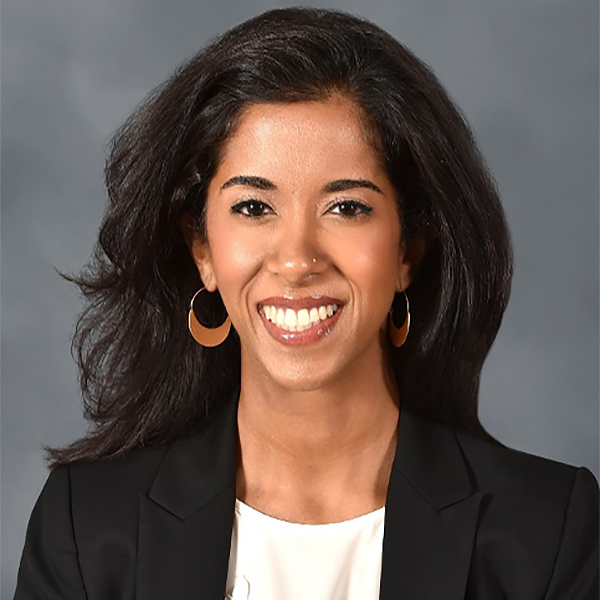Lessons Learned From COVID-19: Contemplations From the Front-Lines of New York City
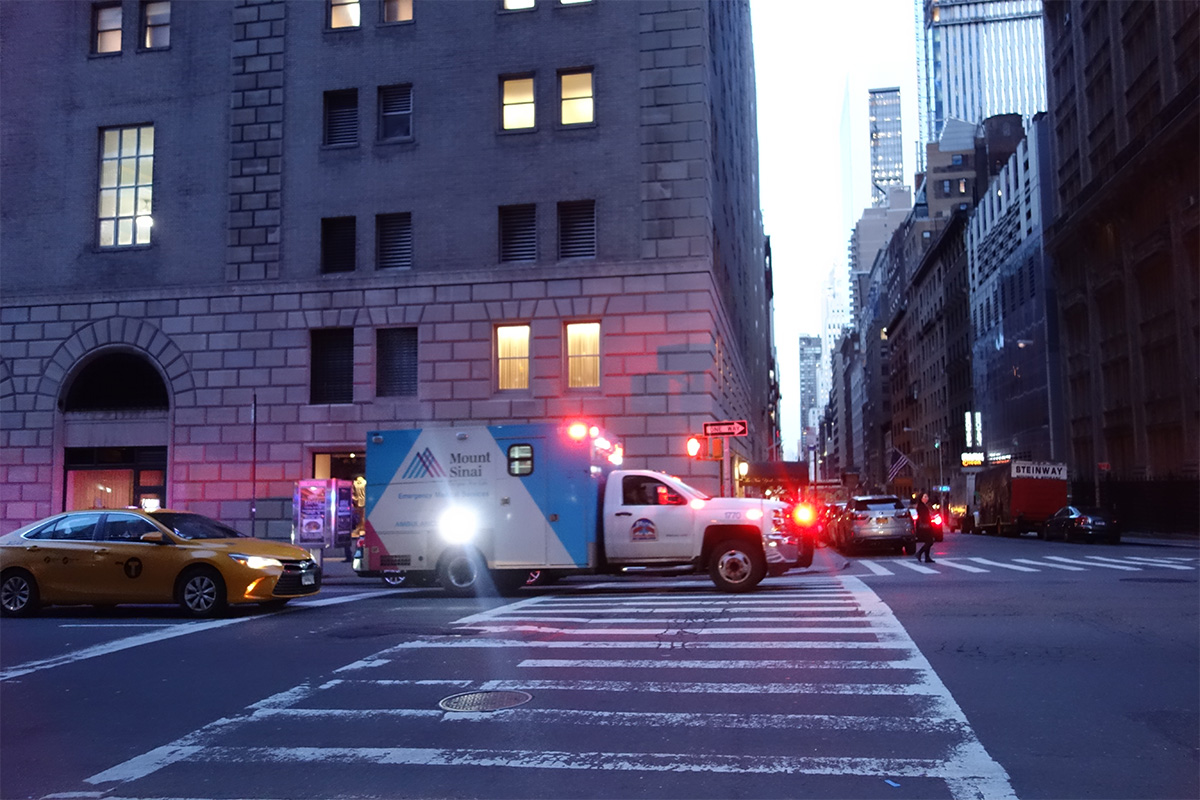
FEATURE | When the first case of COVID-19 was diagnosed at Mount Sinai Hospital in New York City, none of us expected to be caught in the epicenter of this deadly disease.
Now, more than a month since that fateful case, we have become accustomed to a new routine, a new normal.
We pass shuttered storefronts on our way to work in our "hospital-only" shoes. Once we arrive, we change into scrubs and gather our brown bags holding masks and shields for protection against an invisible enemy.
We continue our clinical duties with ever-changing schedules to meet the escalating demands of the crisis – some days we see our patients with advanced heart failure or transplant, and other days we see patients with COVID-19.
More and more, it is a combination of the two.
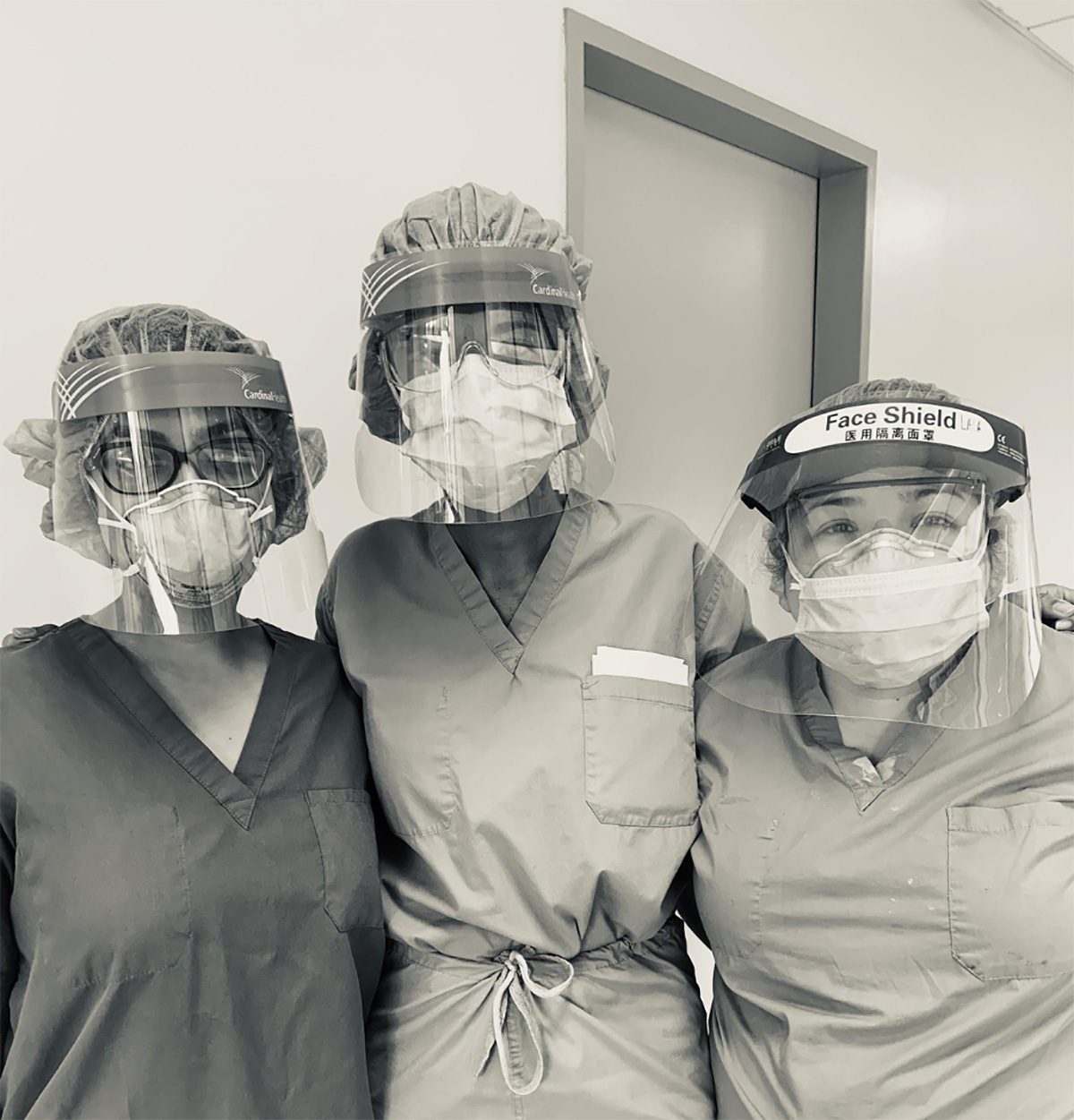
Our patients no longer recognize us hidden behind gowns, goggles, masks, bouffants and face shields.
Our education has moved from in-person conferences to virtual ones. Zoom meetings fill our schedules, covering COVID-19 updates, journal clubs, case discussions and even check-ins with our program director.
Over the past six weeks, we have evolved in more ways than one, with many lessons learned from COVID-19.
We continue to function amidst uncertainty – uncertainty as to how best to prevent, contain and treat COVID-19; uncertainty as to when this will end; and uncertainty as to how we will transition to "normalcy." However, we still trudge on this battlefield hoping to see the light at the end of the tunnel.
Herein we share our lessons learned – two advanced heart failure and transplant fellows and a program director, on the front lines fighting COVID-19 in the current epicenter of New York City.
Kiran Mahmood, MD – Advanced Heart Failure and Transplant Fellow
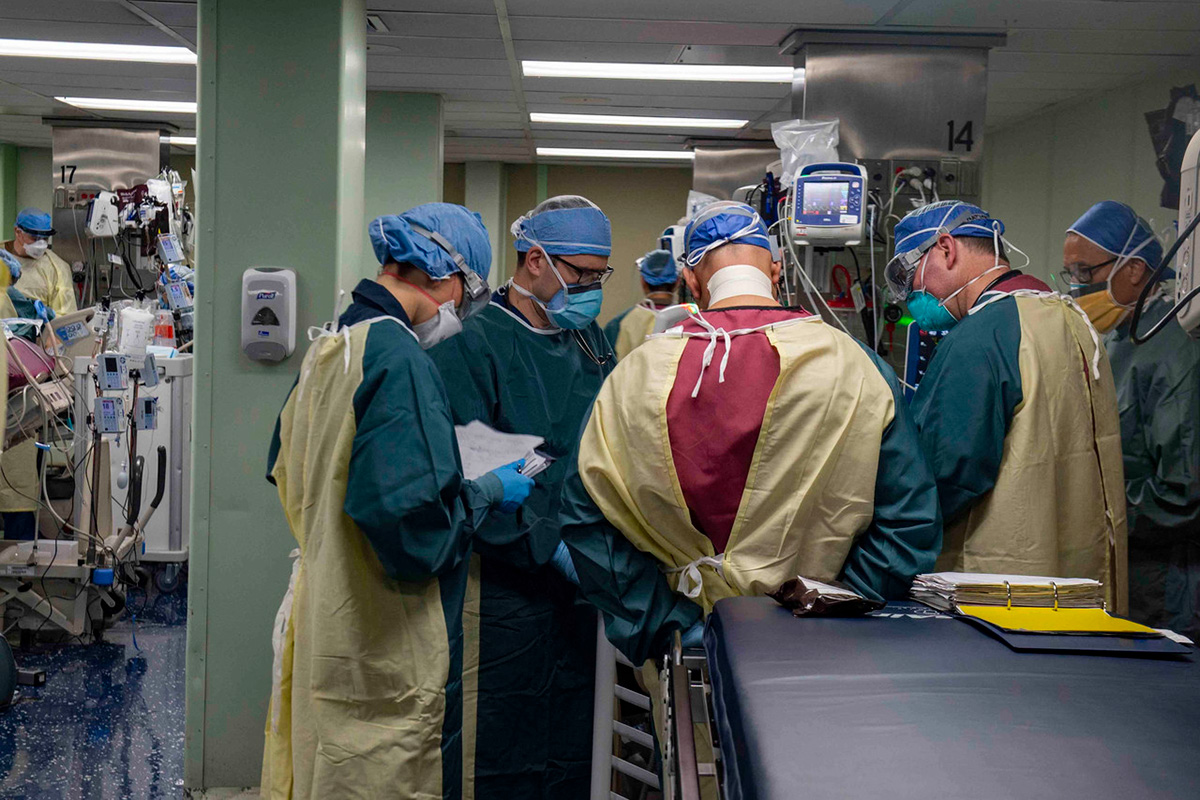
As I work in the intensive care unit in which every room has patients critically ill with COVID-19, I am awed by the resilience of those around me. The nurses, respiratory therapists, physician assistants and physicians work together to protect their patients and each other.
The members of the palliative care team work tirelessly to help families cope even when they cannot be with their loved ones. Due to the redeployment of physicians across the hospital, we have the opportunity to work with people we never would have under normal circumstances.
During one shift in the ICU, the team consisted of a surgical intern, cardiothoracic nurse practitioner, physician assistant, an intensivist and myself.
Although never having worked together previously, we came together seamlessly. We have learned to put aside our medical training backgrounds to fight against a common enemy.
As we work to allay the fears of our patients and their families, we grapple with our own fears. At the back of our minds is our worry of contracting COVID-19, even as we meticulously practice donning and doffing of personal protective equipment.
We have isolated ourselves from family and friends to try to keep them safe, but some of our closest family and friends are also frontline providers.
My mother, an endocrinologist redeployed as a hospitalist at another New York City hospital, is currently at home with COVID-19, isolating herself from the rest of the family.
Throughout this pandemic, we have seen family, friends and colleagues get diagnosed with this frightening disease. We have learned the importance of never taking anything for granted, especially the love of family, friends and colleagues.
This time will likely be the toughest in our careers. Despite the hardships we are all enduring, we are proud to serve our patients and our city. Every day at 7 p.m., our city claps and cheers for us, and we go to bed ready for a new day to fight for our patients, New York Strong.
Estefania Oliveros, MD – Advanced Heart Failure and Transplant Fellow
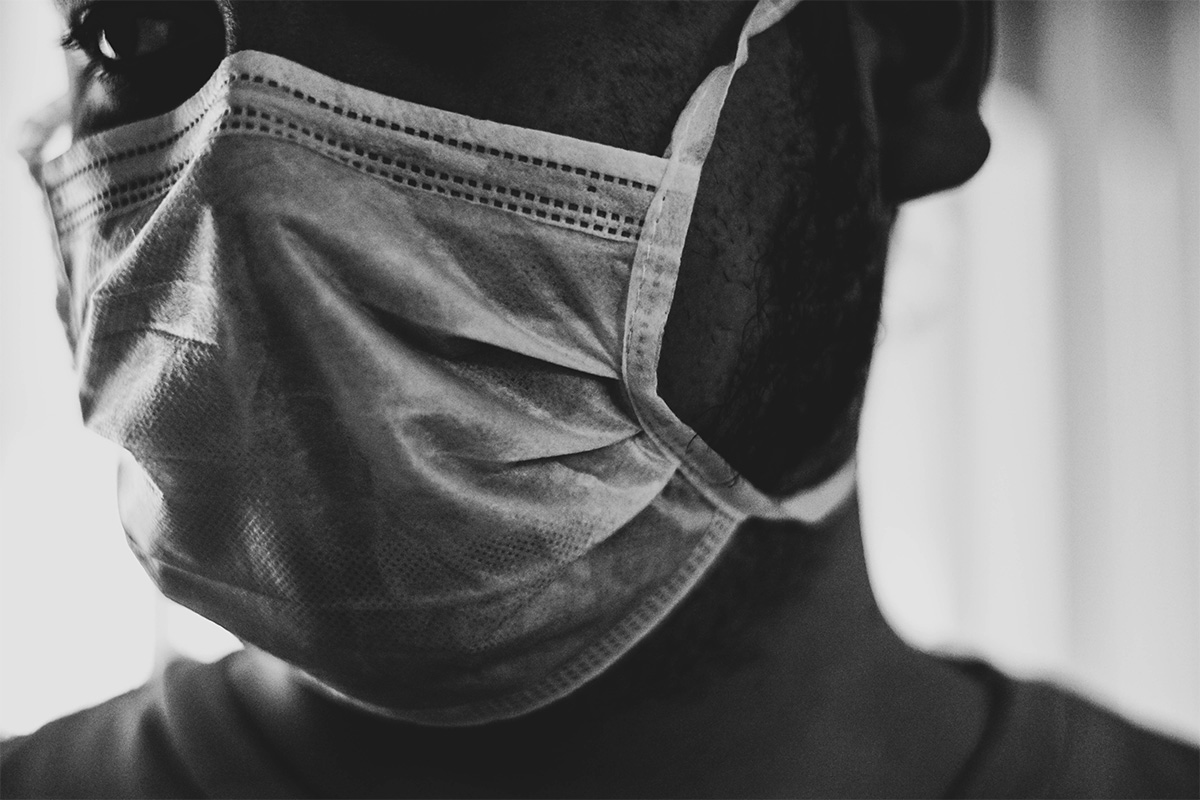
For almost every decision that you make during your cardiovascular training, there is usually an observational study, randomized clinical trial, case series or an expert opinion to inform your actions.
However, in the case of this pandemic – this one – the one killing thousands of people, there is no robust data or safety blanket. You rely on instincts, common sense, peer experiences, and basic understanding of pathophysiological processes to move forward and to treat with the best of your abilities. It feels like the capacity to grow and learn is placed on fast-forward.
Every generation has a different challenge. One generation dealt with Spanish flu, and another, HIV-AIDS. This is most certainly ours. We will grow and learn. We have been asked to avoid our loved ones, family and the elderly. However, you still go back home with the fear that you may get sick or that you will bring it home to your children, your spouse.
You leave back to work the next day, and you do not know what you will see, and how that experience will affect the way you interact with your family and your peers. You are not your happy and balanced self; this version is slightly more on edge, because of the lack of control that you experience every day.
You no longer have the peace of mind of knowing an appropriate dosing of diuretics will lower the jugular venous pressure.
Immunosuppression and LVAD management learning may be on hold as a trainee, but you are gaining so much more. You are at the epicenter of a pandemic. You are not an internal medicine physician, not a cardiologist and not a transplant specialist – you are a doctor. You get to practice the Hippocratic oath.
What would we learn? How would this pandemic modify our practices? What did we learn about ourselves? What did we learn about our health care system, our institution, leadership or our peers?
We will learn to have critical thinking.
What New York will give in return is kindness, secret donations of masks, cheers at 7 p.m. when you leave the hospital and a lifelong humility lesson.
Anuradha Lala, MD, FACC – Program Director, Advanced Heart Failure and Transplant, Mount Sinai Hospital
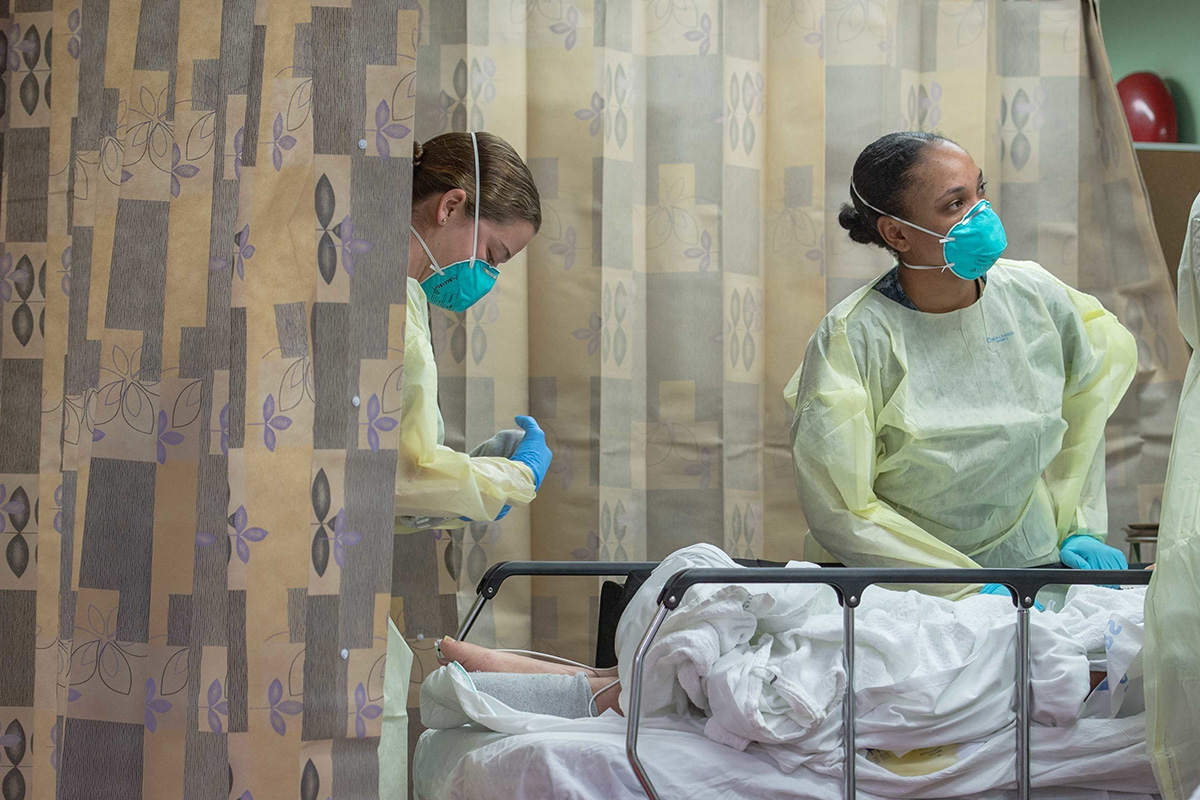
The first case of confirmed COVID-19 in New York City was announced on March 1. The past six weeks in the epicenter of the pandemic have left us frightened, inspired, exhausted and humbled all at the same time.
We have become accustomed to terms of war like "deployment" and take orders on where to be and when without question.
We have come together across disciplines, titles and levels of training, under the umbrella of common goals:
- To care for patients
- To communicate, pacify and reassure families
- To care for each other
- To protect ourselves; and
- To conduct research for the purposes of learning more about COVID-19
In so doing, I have come to appreciate my role as program director in a way I never have before.
When the first stay-at-home orders came through, I felt an unexpected surge of maternalism arise for our fellows. I had my two toddlers at home, but three grown-up children at my other home: the Mount Sinai Hospital.
I now need to know if they are eating, if they are sleeping, what personal protective equipment they are using and if there is enough of it, how they are getting home, and when shifts start and end.
Emails do not suffice. I need to see their faces.
Days without zoom meetings or texts and I start to get nervous. The three of them – Kiran, Estefania and John – have shown and continue to exemplify grit, resilience, enthusiasm and team spirit. Performance evaluations, procedure logs and previously assigned rotations are in the background while their humanness is on the frontline.
The pandemic is far from over, lives are lost, meetings are virtual, prospective jobs are on hold and much uncertainty remains. But a silver lining throughout has been the strengthened relationship forged amongst these three bright hard-working and energetic heart failure docs and myself, and for that I will be grateful as we continue to march on.
